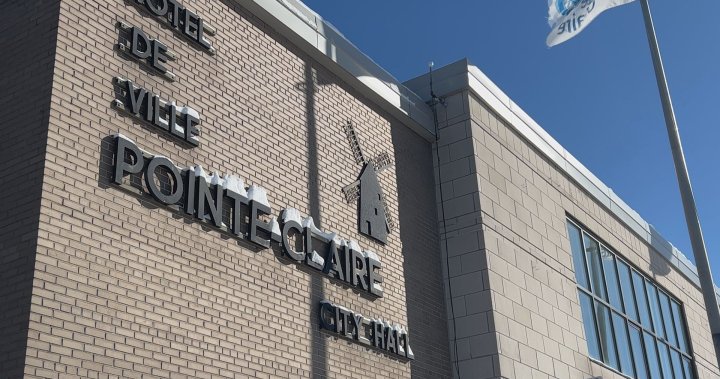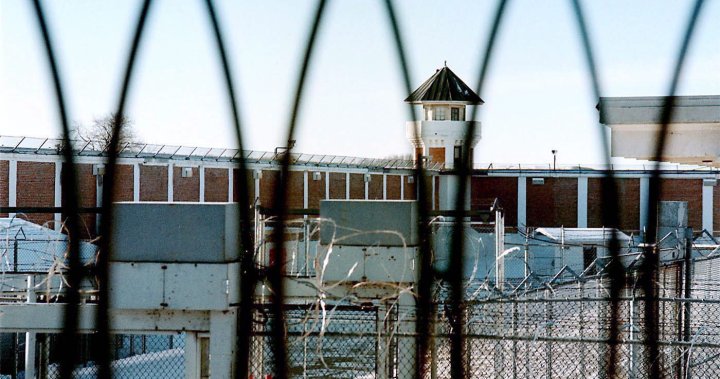With hundreds of thousands of Quebec public sector workers on strike and tens of thousands more set to join them on Monday, Quebec’s labour conflict with health-care workers, teachers and others is still at an impasse.
Health union representatives ripped into the government’s most recent rhetoric on Sunday, and expressed deep concerns about the just-passed health reform law.
“It’s completely going to destabilize the health-care system. There’s a reason why no one thinks it’s a good idea,” said Jessica Goldschleger, FP-CSN vice president.
Bill 15 was adopted by the National Assembly early Saturday morning after CAQ Health Minister Christian Dubé fast-tracked it by invoking closure, abruptly ending debate over the 1,200-article legislation.
“I don’t think it’s acceptable. It’s anti-democratic. There’s absolutely no consensus around this bill,” Goldschleger said of the government invoking closure to pass it.
The health minister is convinced his legacy-defining transformation of the public health system will make life better for patients. He says it will give them easier access and render the network more flexible.
The bill creates a new agency called Santé Quebec that will be the sole employer and manager of all health employees.
“It’s up to my team to prove this big change that we have been able to vote through will make a big difference in the life of Quebecers,” Dubé said on Saturday.
The 420,000 “common front” coalition of public sector union workers entered a seven-day strike on Friday. Quebec has been asking its employees to be more flexible in negotiations, but health workers fear flexibility means the government having more control over their schedules and what thy say is an already poor work life balance.
“We don’t think that that’s the way that we’re going to attract and keep people in the public health care systems,” said Goldschleger.
Some worry bill 15 will allow Quebec to give the private sector a bigger share of health care
“That’s my biggest fear,” said Simon Dolbec, a cook at the CHUM hospital who is among the striking workers.
The unions aren’t alone in their concern about Bill 15.
“In addition to the method used to force the adoption of its new law, we are very concerned about the consequences of this reform,” Quebec Medical Specialists Federation president Dr. Vincent Oliva said in a press release. “It will lead to greater centralization and bureaucratization of our network at a time where accessibility to care remains defective.”
Meanwhile, the unions don’t see the reform helping negotiations.
“I think it just shows how little this government thinks of us,” said Goldschleger.
In a statement to Global News the office of treasury board president Sonia Lebel said it is working to reach an agreement as quickly as possible.
“This week, we increased the parameters for everyone to 12.7% and the overall offer is now 16.7%,” reads the email. “We reiterate that flexibility is essential for the government, particularly with regard to schedule management and travel on a voluntary basis. The measures we are proposing will improve work-life balance and services to the population.”
The unions have set Dec. 19 as a goal-date to reach an agreement in principle.
“We’re available to negotiate 24/7. We’re there and we’re doing the work that is necessary to come to an agreement,” said Josée Frechette, vice president of the APTS medical workers union.
Meanwhile, the 65,000 member FIQ union, representing mostly nurses, confirmed it has submitted a counter offer to the government. That union is still planning a four day strike starting Monday.
With the FAE teachers union still on unlimited strike, that’ll bring the total number of public workers off the job to well over half a million.
Essential services in the health system will be maintained.




